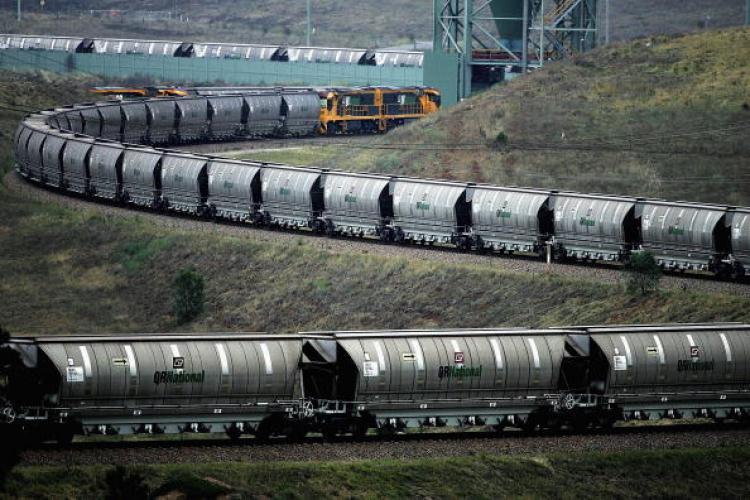Dreams of creating an “Elysian fields of a renewable economy” have created a potential energy shortfall in New South Wales (NSW) which has forced the government to limit how much coal miners can send overseas, says leading miner Whitehaven Coal.
The government is set to impose a quota on mining firms to reserve 10 percent of their output for domestic use, a move Whitehaven CEO Paul Flynn says is a problem created entirely by poor government decision-making.





